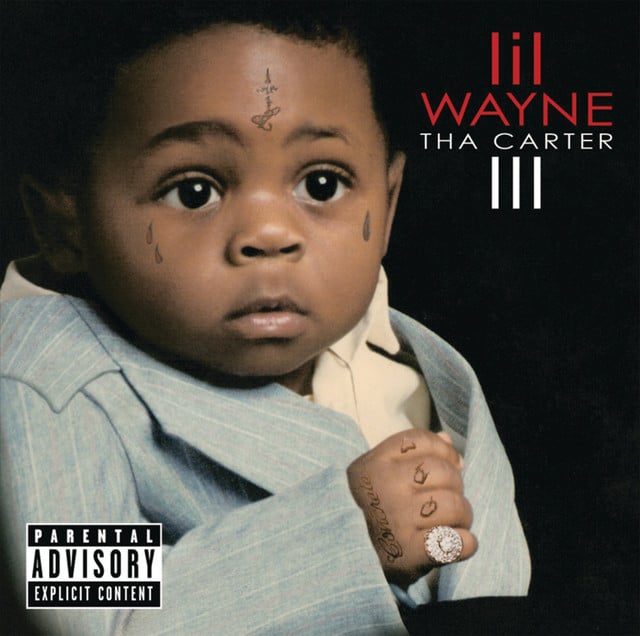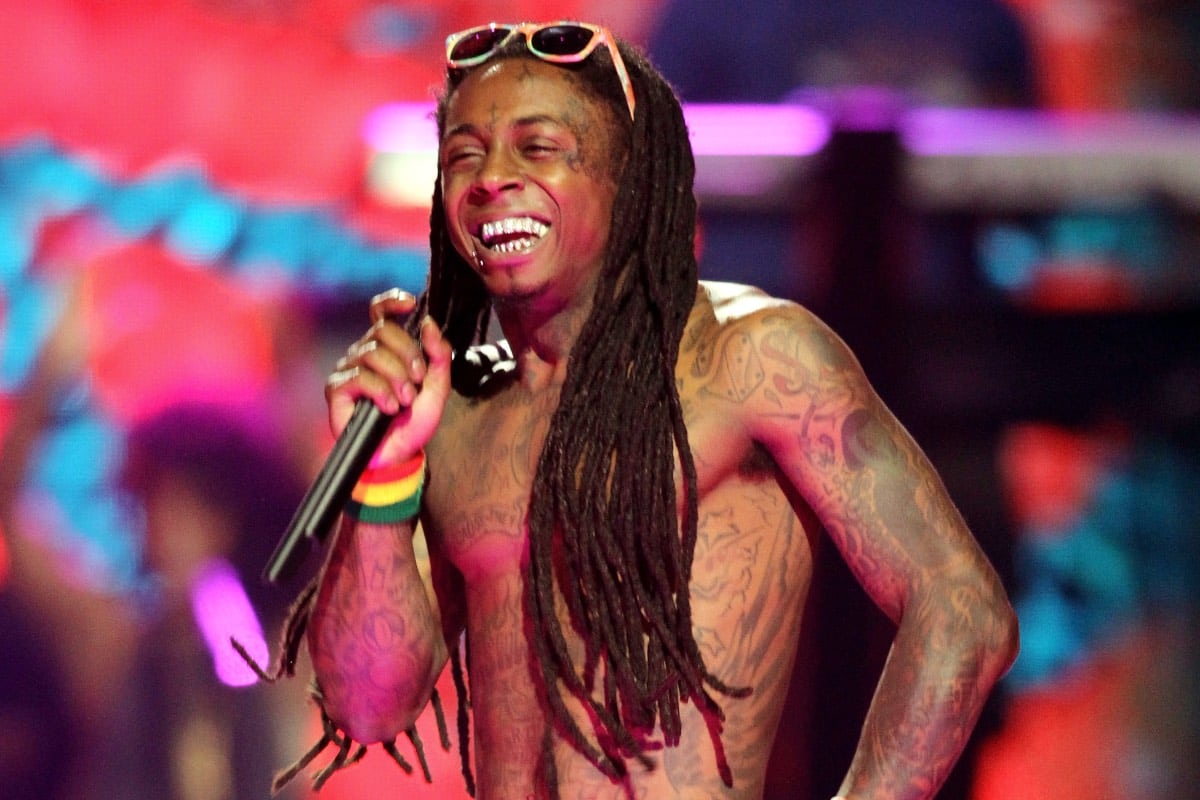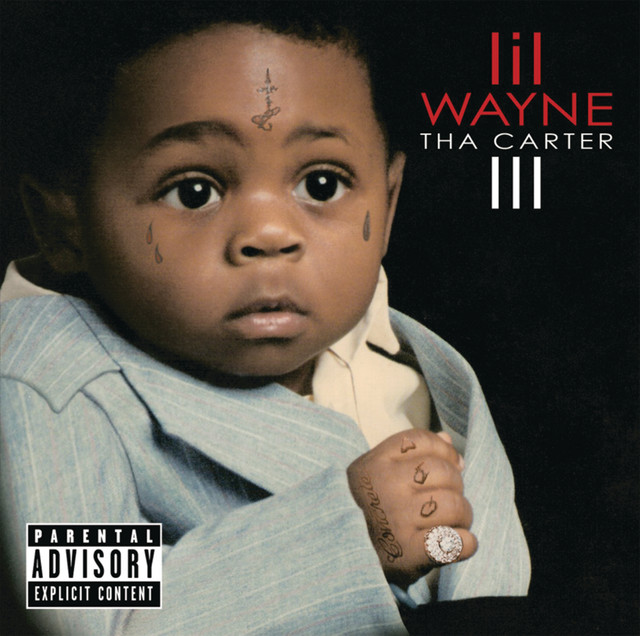Released: 2008
“A Milli” by Lil Wayne is a bold assertion of his prowess and wealth in both the hip-hop game and life in general. The song is infused with controversies, metaphors, and boasts, all meshed around a relentless bass-heavy beat to produce an anthem that resonates with raw energy and audacity.
In the opening lines, Wayne declares himself a “Young Money millionaire,” referencing his own record label, Young Money Entertainment, and asserting his success. When he spits “Tougher than Nigerian hair,” he’s employing hyperbole to emphasize his resilience and tenacity. Comparing his career to a venereal disease “like a menstrual bleed” is Wayne dramatizing his influence, implying that his music is as impactful and inescapable as a natural bodily function, though the comparison is rather graphic.
Wayne’s allusion to the “almighty dollar” and the “almighty power of that ch-cha-cha-chopper” reflects the importance of money and weapons in his own life and within his cultural milieu. His lines about the Maserati “dancin'” on the bridge and “pussy poppin'” are indicative of a lavish lifestyle punctuated by luxury vehicles and sexual exploits. The term “pussy poppin'” here refers to a certain dance move often associated with strip clubs and adult entertainment.

The lines “You can’t catch ’em, you can’t stop ’em / I go by them goon rules, if you can’t beat ’em then you pop ’em” suggest a disregard for rules imposed by society or any kind of authority, reflecting an ethos often associated with street culture and rule of survival. His boastful declaration “I’m ill” serves to assert his skill and prowess in the rap game.
In the refrain, Lil Wayne continues employing wordplay and braggadocio. For instance, he compares himself to a goblin, a creature that’s notoriously harder to kill than a goon, thus emphasizing his perseverance and dominance. He also references former NBA player Dennis Rodman, renowned for his unusual behavior and lifestyle off the court, to criticize those who target him with negative comments.
The mention of prominent hip-hop figures such as The Notorious B.I.G, Jay Z, and Tupac, along with the iconic André 3000, is Wayne acknowledging the influence these artists have had on his own style while asserting his place amongst these greats. Wayne’s assertion that his “name ain’t Bic, but I keep that flame,” is a double entendre insinuating both his lyrical heat and possibly his consumption of marijuana.
The song concludes with Wayne expressing his wish for freedom and untroubled life, using the metaphor of pushing flowers rather than being in prison. A reference to the character Mike Lowery from the movie “Bad Boys,” acted by Will Smith, is Wayne suggesting he’s a ladies man. The closing lines, “I do what I do, and you do what you can do about it/ Bitch, I can turn a crack rock into a mountain, dare me,” symbolizes Lil Wayne’s defiance against criticism and showcases his belief in his own abilities and potential for greatness in the world of hip-hop.
In totality, “A Milli” is a raw, unfiltered examination of Lil Wayne’s life, work, and philosophy, steeped in the language of the streets and the larger-than-life persona of a hip-hop icon.







